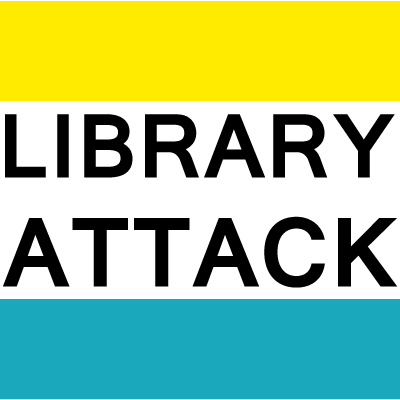
This week is LIS Mental Health 2020 – you can follow along with #LISMentalHealth. I wasn’t able to participate in the chat the other night, but I have been following along and it’s been enriching to know I’m not alone in my own struggles.
I’ve been kicking around this idea, and meant to write a reply to Chris Zammarelli’s post last week, “Libraries Gave Us Power.” About the importance of community and collaboration in doing library work on many levels – to develop best practices, to stay current and innovative, to have an emotional support network. Professional associations and societies filled that need in many ways, but they’re faltering. Chris describes how he pulled back, pulled away and now wants to re-establish connections. (Do it, Chris!) I identified with a lot of his thoughts, but it also made me reflect on the role the union has served for me in the last few years. Through UC-AFT, I have felt part of a different community and it’s reminded me that I do have power.
This afternoon I got some bad news at work that is a pretty significant setback on some fronts. I had that moment of panic where I catastrophized the situation, freaked out, and thought about exit strategies. Thanks to some classes on coping skills and some therapy in the last year, I was able to recognize what was happening – a perfectly normal response to bad news leading to anxiety, and I needed to let it dissipate before feeding back into spiral of thought distortions and panic. So I did some deep breathing, bought some records I have been meaning to buy, and then replied to the email that triggered the whole thing. Then I started mapping out a plan of action to compensate, sent off a few more emails to get things moving and decided to finally write this post.
2018 and 2019 were some of the hardest years of my career due to the ever changing nature of my workplace, the uncertainty of SLA, and my involvement with UC Librarian contract negotiation. The latter really forced me to grow and do things that made me uncomfortable, but I was able to only mildly breakdown because I had the support an community of my fellow unionistas. When one of us struggled or had a bad week, the others stepped up to help and that support was immense. It’s something I still carry with me now, the knowledge that they have my back, and I theirs, in a fundamental way that I’ve not really had with SLA or TRB. (Well, a couple of SLAers fit that description, but for the most part not quite.) One of the reasons the union has been so supportive is that we’ve been honest with each other. The work can be hard and soul crushing until its rewarding, and we remind ourselves of that. During one of my darkest days while waiting for the ratification vote of the new contract, I had a moment in my office with another union librarian where the months of emotional pressure from life, work, and the contract campaign were released. We were both vulnerable but human, and just having that moment and recognizing it made it easier to pick up and keep moving forward on all fronts.
I write this now during LIS Mental Health Week because I feel like in addition to being more open about mental health and mental illness in library worker, we need to also be open about the emotional weight of the work. (Or I guess all work.) It seems like most of the projects I’m working on right now are emotionally exhausting in that they require massive change and upheaval. And while I am excited to get to the end of these projects, have the results, and with a new focus, I also need to recognize to get there it’s just a string of hard decisions that have to be made that suck. It’s not pleasant and there’s a lot of second guessing, and some of it goes against my professional fabric, but it will be OK. The balance is giving myself the space to recognize this is going to be hard and painful, and maybe not as procedural as I would like, but also rolling up my sleeve and pushing forward. If more people just said, “Yeah, this is hard but we can do it” rather than just ignore the human element and assume everything should be fine, I think work would be better for everybody. But that also requires a humanity and vulnerability that lots of organizations and workers like to avoid.
And that’s why I derive my power from my union workers friends who hold me accountable but also empathize with my struggles, and give me a model of how to support my organizations and my colleagues as we figure things out.

Leave a Reply